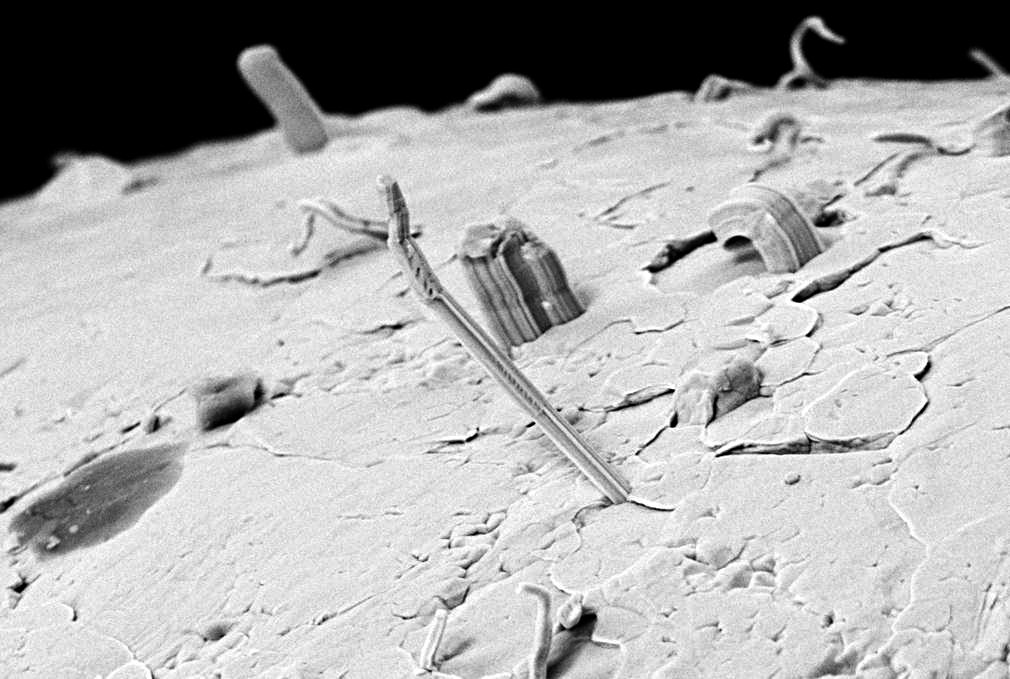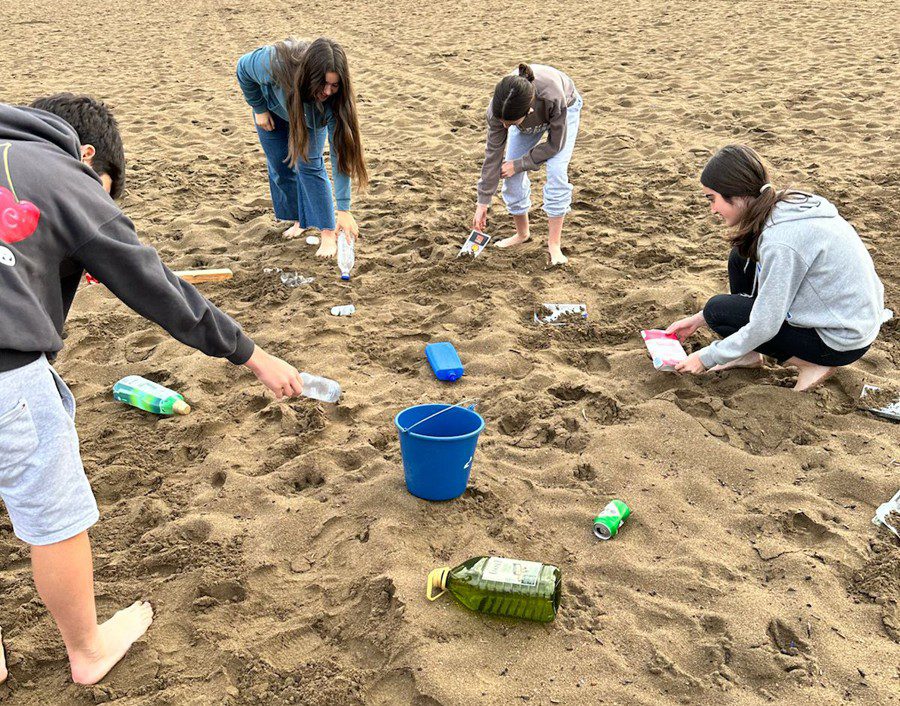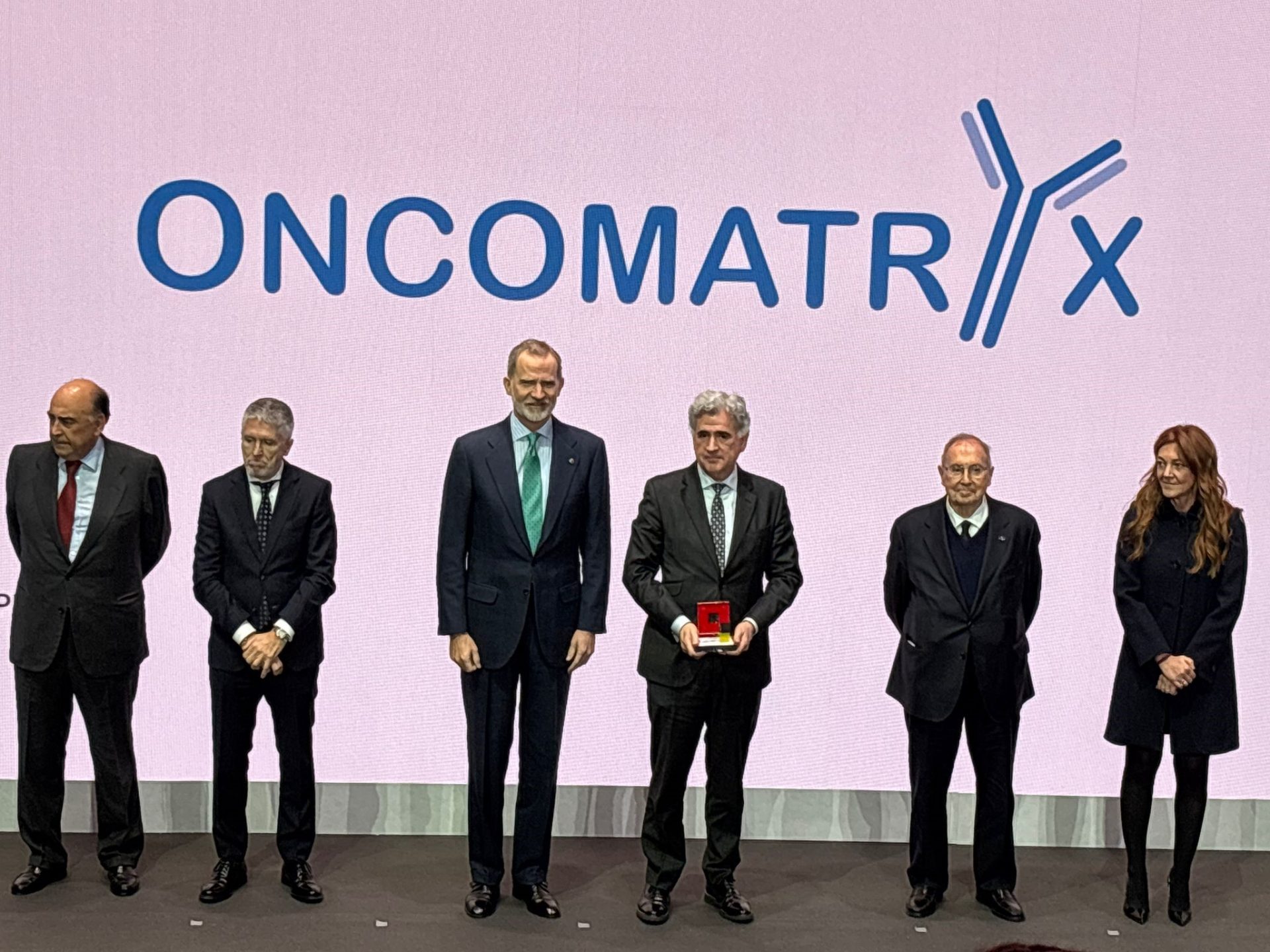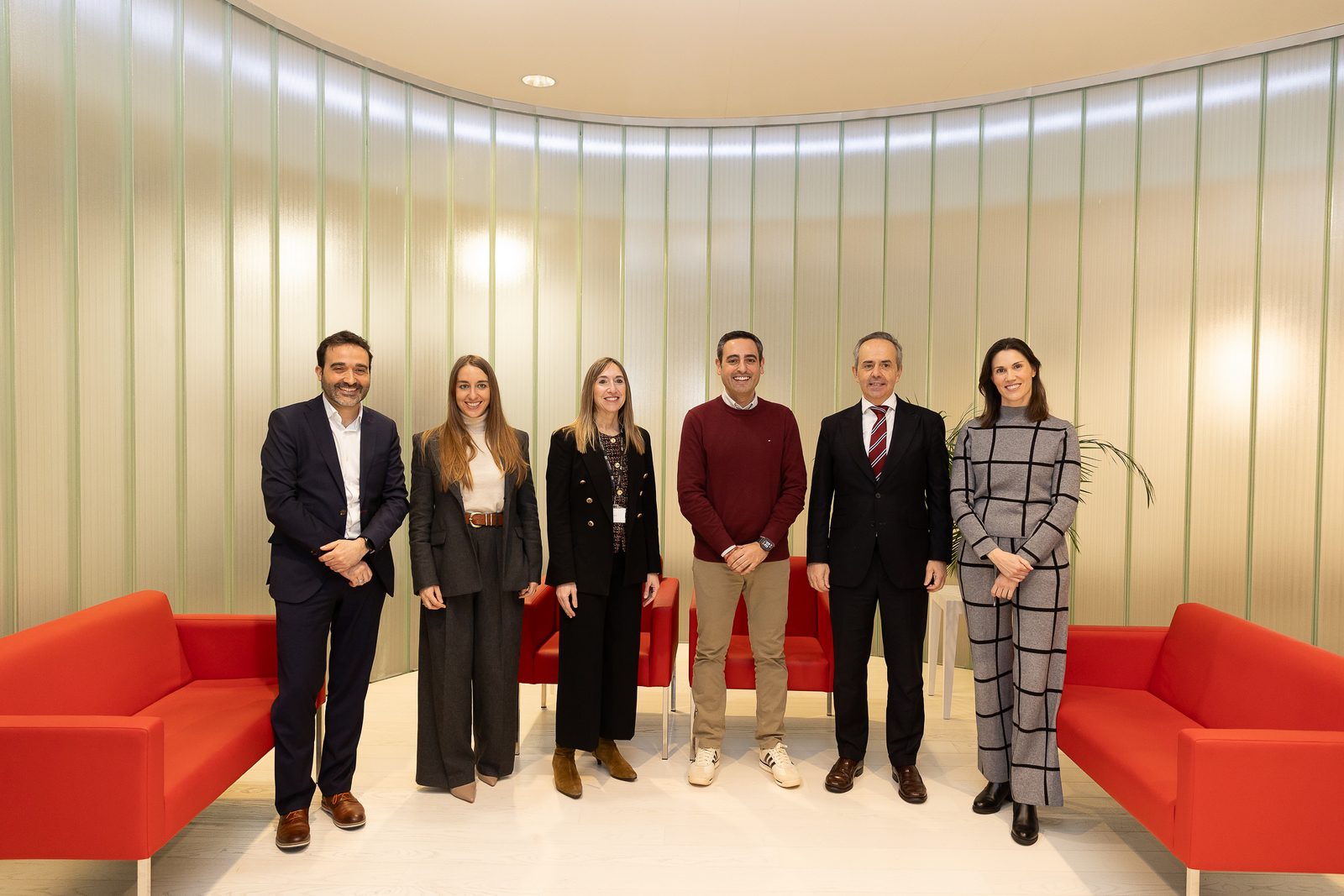CIDETEC Surface Engineering is leading a European Space Agency study on whiskers

Spontaneous growth of tin filaments on the surfaces of electronic devices can cause short circuits that compromise ESA space missions.
 A whisker is a metallurgical phenomenon on a crystalline scale, whereby very fine filaments grow on metallic surfaces, mainly tin. The phenomenon has been studied on Earth for years, but there is no information about its growth in orbit and thus in vacuum.
A whisker is a metallurgical phenomenon on a crystalline scale, whereby very fine filaments grow on metallic surfaces, mainly tin. The phenomenon has been studied on Earth for years, but there is no information about its growth in orbit and thus in vacuum.
The European Space Agency (ESA) has documented several cases in which commercial satellites have suffered control processor (SCP) failures due to whisker growth on electromagnetic relays. In several cases, both the main SCP and the auxiliary SCP with which the satellites are equipped failed, resulting in the failure of the aerospace missions they were carrying out. For this reason, among the tenders launched last year by the ESA to carry out research to provide solutions to its most important problems, there is one whose objective is to study the behaviour of these filaments in vacuum, and CIDETEC Surface Engineering has been selected to lead it.
The surface engineering centre will compare the growth of whiskers in atmospheric conditions with the vacuum conditions in orbit to determine, as all indications suggest, whether there are differences in the behaviour of these filaments in different environmental conditions. During the research, the filaments will be melted with micro-manipulators for electrical characterisation, thus obtaining information on how to act in order to avoid the resulting failures. By determining the characteristics of the whisker, the short-circuit probabilities will be known and preventive actions can be implemented.
In order to carry out the research and the roadmap set by the experts of CIDETEC Surface Engineering, they will rely on the experience of the Budapest University of Technology and Economics (BME) and the Polish Łukasiewicz-IMiF, the main European references in research in the field of whiskers.




